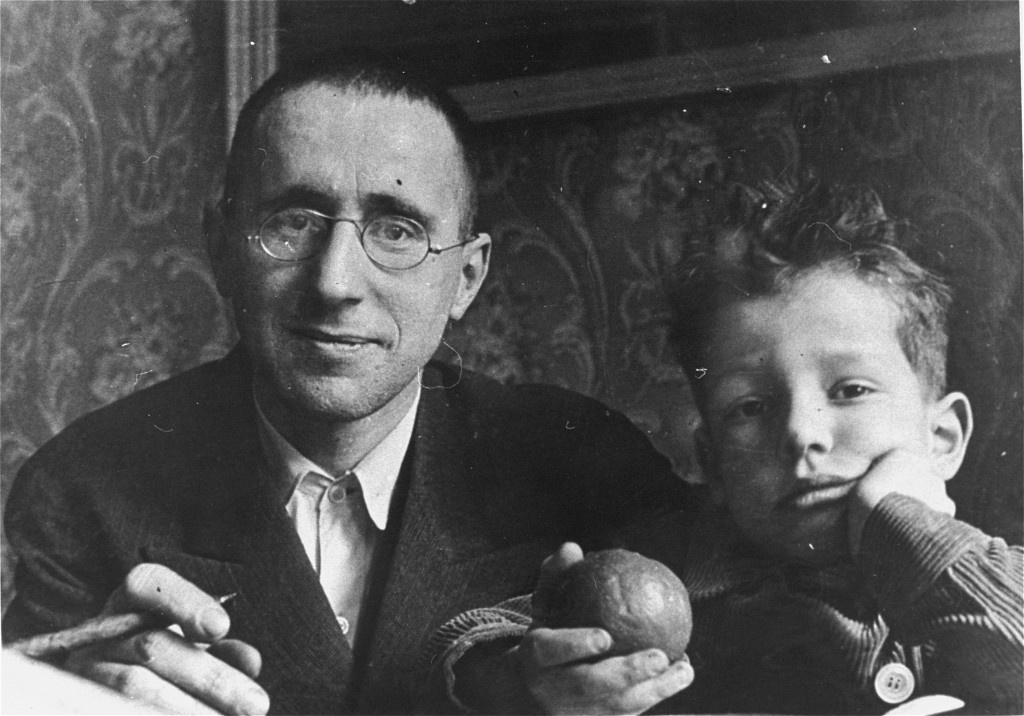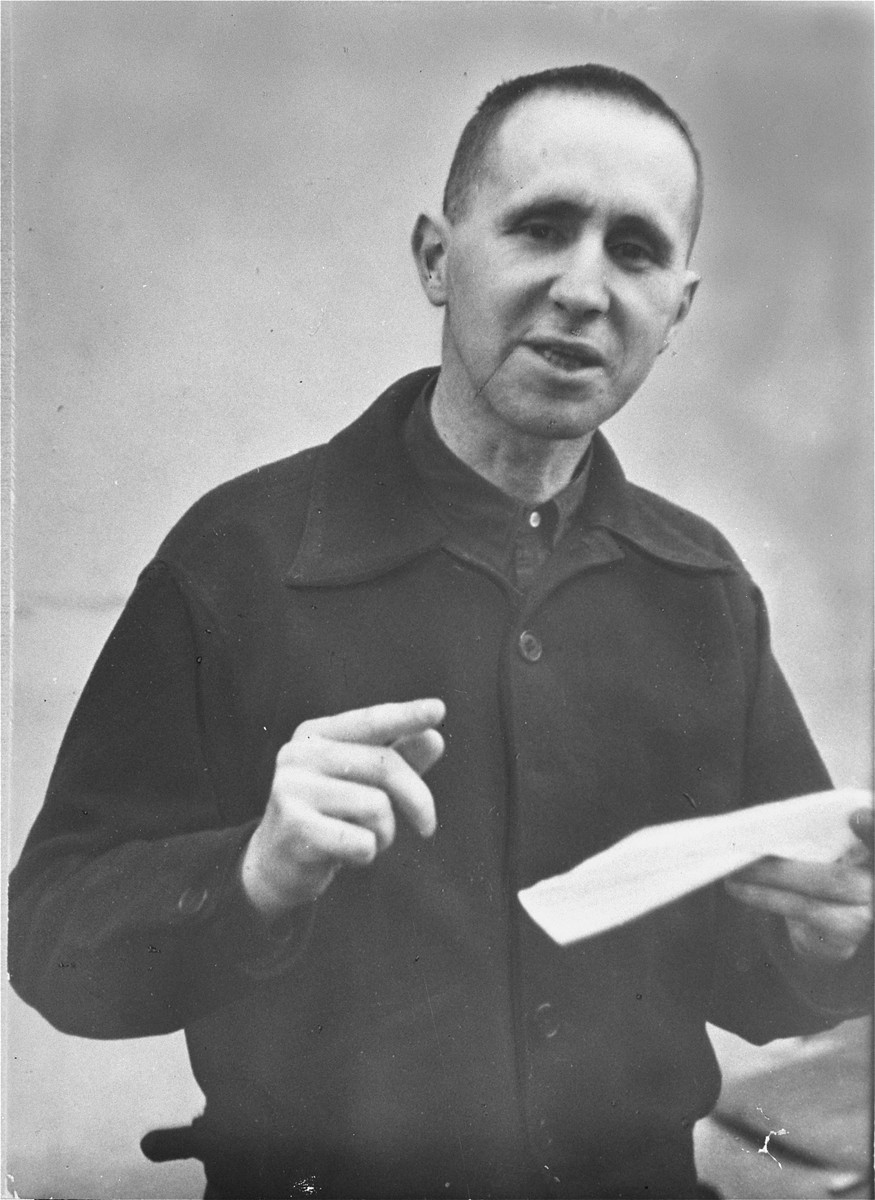
Bertolt Brecht
In 1933, Nazi students at more than 30 German universities pillaged libraries in search of books they considered to be "un-German." Among the literary and political writings they threw into the flames were the works of Bertolt Brecht.
Excerpt
Our opponents are the opponents of mankind. Their point of view is not just: their point of view is injustice. It is understandable that they defend themselves, but they defend robbery and privileges, and to understand here does not mean to excuse as well. He who is a wolf to man, is no man, but rather a wolf. Today goodness means where the bare self-defense of the great masses becomes the final battle for the position of command, the destruction of which makes goodness impossible.
—Ist der Kommunismus exklusiv? (Is Communism Exclusive?), Bertolt Brecht, 1932
Which of Bertolt Brecht's Works were Burned?
All works published before May 1933
Who was Bertolt Brecht?
Leading German dramatist Bertolt Brecht (1898–1956), the son of a Protestant mother and Catholic father, was born into a middle-class Bavarian family. Brecht's first success came with the 1922 production of Trommeln in der Nacht (Drums in the Night) in Munich. He moved to Berlin in 1924 in order to pursue his career in earnest. Bertolt Brecht was appointed consultant for Max Reinhardt's German Theater. In Berlin he collaborated with composer Kurt Weill, most famously on Die Dreigroschenoper (The Threepenny Opera, 1928).

Although Bertolt Brecht never joined the Communist party, he began to study the works of Karl Marx in the late 1920s and sympathized with the Communist cause. He became more critical of the Weimar Republic and wrote political films and plays which were banned by the government. His plays attacked German middle-class society, drew on Marxist principles, and criticized Nazism. Brecht fled Nazi Germany in February 1933, and his works were thrown into the flames shortly thereafter during the book burnings of 1933.
Critical Thinking Questions
- If Jews were the principal target during the Holocaust, why were works of art by non-Jewish authors burned?
- How did the German public react? What was reaction like outside of Germany?
- Why do oppressive regimes promote or support censorship and book burning? Why might this be a warning sign for mass atrocity?

